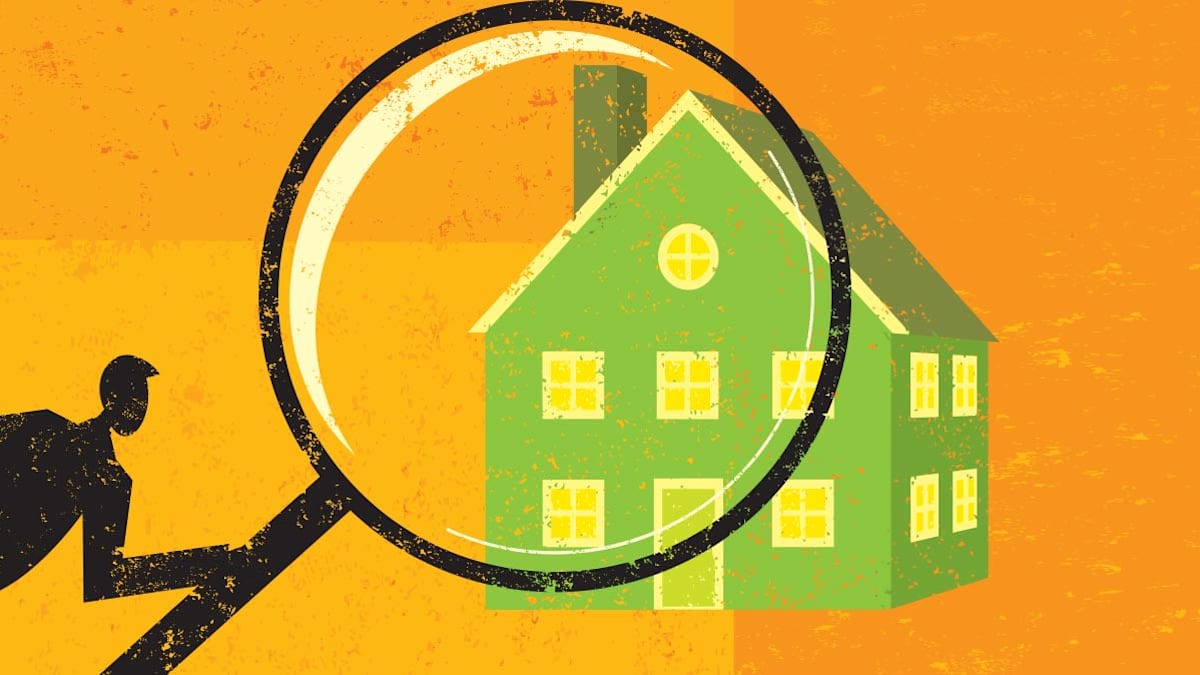Hiring someone who’s certified by a professional organization can give you a bit more assurance that they are knowledgeable.
Among the requirements for certification from ASHI, for instance, candidates must pass an in-person National Home Inspector Examination and document that they’ve done at least 250 paid home inspections. InterNACHI’s certification requirements include having candidates pass its Online Inspector Examination and submit four mock or simulated inspection reports to the organization.
Thirty-five states require inspectors to pass a written National Home Inspector Examination; find out here whether your state offers certification. If it requires licensing for home inspectors, ask to see proof from the inspectors you’re considering hiring.
Keep in mind, though, that certification and licensing don’t ensure a great inspection. In its 2018 undercover investigation, Consumers’ Checkbook hired 12 home inspectors—all state-licensed and certified by a professional group—to inspect a three-bedroom house with 28 known problems. None of the inspectors found all of the problems, which included a leak under the kitchen sink, bad roof damage, and obvious signs of rodent infestation.
“By all accounts, the national exam is a rigorous test, and both professional groups do a pretty good job of ensuring their certified inspectors are knowledgeable,” Brasler says. “But being knowledgeable doesn’t mean the inspector is going to be diligent or conscientious, and that he won’t rush through the inspection.”
In the Consumers’ Checkbook investigation, an inspector rushed through a home in 1½ hours compared with the 2 to 4 hours most inspectors take.
Source link
